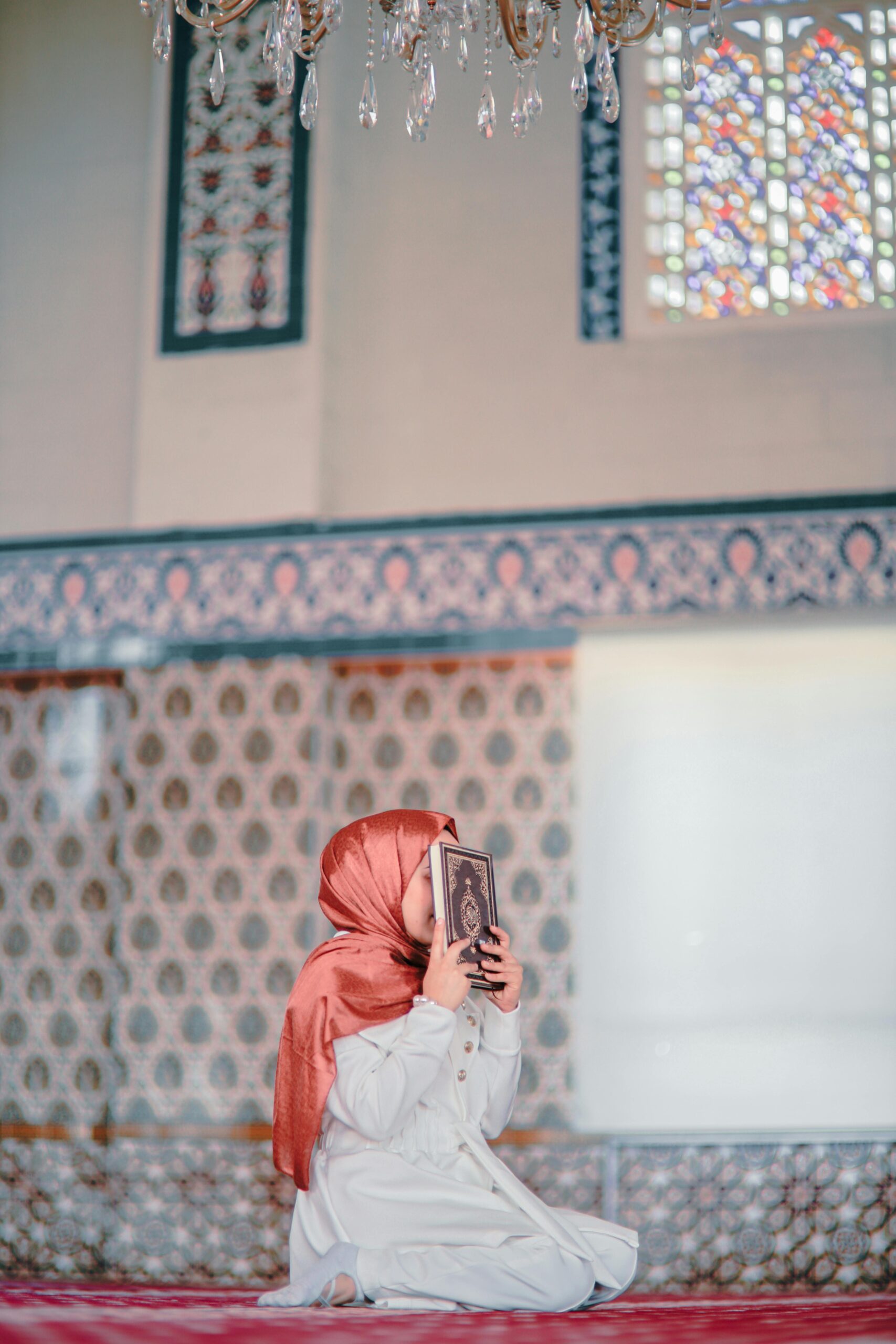The Five Nights of Power and Destiny

The Night of Power and Destiny-Laylatul Qadr
Laylatul Qadr, also known as the Night of Decree, the Night of Destiny, or the Precious Night, holds profound importance in Islam. It is believed to be the night when the Angel Gabriel (Jibril) revealed the first verses of the Quran to Prophet Muhammad (peace be upon him). The Quran says that this holy night is “better than a thousand months” (Quran 97:3), which is about 83 years of worship. It is a night of great blessings, mercy, and spiritual renewal for Muslims.
The Significance of Laylatul Qadr
Table of Contents
It is widely believed that Laylatul Qadr will take place during the last ten nights of Ramadan, particularly on one of the odd-numbered nights (21st, 23rd, 25th, 27th, or 29th), although the Quran does not explicitly specify the precise date. This ambiguity motivates Muslims to increase the intensity of their devotion during the final ten nights to achieve the exorbitant rewards that are associated with this blessed night.
The Quran devotes an entire chapter, Surah Al-Qadr, to this night, underscoring its unparalleled significance:
97:1 Indeed, it is We ˹Who˺ sent this ˹Quran˺ down on the Night of Glory.1
97:2 And what will make you realize what the Night of Glory is?
97:3 The Night of Glory is better than a thousand months.
97:4 That night the angels and the ˹holy˺ spirit1 descend, by the permission of their Lord, for every ˹decreed˺ matter.
97:5 It is all peace until the break of dawn.

The Meaning of “Qadr”
In Arabic, the term Qadr (قدر) has a variety of associations, such as “decree,” “measure,” “destiny,” and “value.” The name Laylatul Qadr is indicative of its profound importance:
Divine Decree: It is believed that Allah determines the fate and destiny of each individual for the upcoming year on this night.
Spiritual Value: The night is so precious that the worship conducted during it surpasses the worship performed over a lifetime.
Greatness and Honor: It is also known as Laylat al-‘Azama (Night of Greatness) and Laylat ash-Sharaf (Night of Honor), which underscore its elevated status.
The Revelation of the Quran

Islamic tradition holds that the Quran revealed itself in two phases:
Immediate Revelation: The first verses of the Quran were revealed to Prophet Muhammad (peace be upon him) on Laylatul Qadr in the Cave of Hira in 610 CE. Gradual Revelation: The rest of the Quran was revealed over the next 23 years, taking into account the Muslim community’s wants and situations.
During the last ten days of Ramadan, Prophet Muhammad (peace be upon him) would often go to the mosque for Iʿtikāf or spiritual privacy. He would worship, pray, and think about things before Laylatul Qadr. He told his disciples to pray too, saying, “Those who stand in prayer during Laylatul Qadr out of faith and seeking reward will have their sins forgiven.” (Sahih al-Bukhari, 1901)
Islamic tradition holds that the Quran revealed itself in two phases:
Immediate Revelation: The first verses of the Quran were revealed to Prophet Muhammad (peace be upon him) on Laylatul Qadr in the Cave of Hira in 610 CE. Gradual Revelation: The rest of the Quran was revealed over the next 23 years, taking into account the Muslim community’s wants and situations.
During the last ten days of Ramadan, Prophet Muhammad (peace be upon him) would often go to the mosque for Iʿtikāf or spiritual privacy. He would worship, pray, and think about things before Laylatul Qadr. He told his disciples to pray too, saying, “Those who stand in prayer during Laylatul Qadr out of faith and seeking reward will have their sins forgiven.” (Sahih al-Bukhari, 1901)
Muslims around the world observe Laylatul Qadr with deep devotion and reverence. Common practices include:
- Prayer (Qiyam): They spend the night praying on their own, reading from the Quran, and praying from the heart.
- Seeking Forgiveness: Reflecting on one’s actions and sincerely repenting for past sins.
- Charity (Sadaqah): Giving generously to those in need, as acts of charity are highly rewarded during Ramadan.
- Spiritual Retreat (Iʿtikāf): Some Muslims seclude themselves in the mosque for the final ten days of Ramadan, dedicating their time entirely to worship.
Sunni and Shi’a Perspectives
Sunni Muslims:
Most Sunni scholars believe Laylatul Qadr is most likely to occur on one of the odd-numbered nights in the last ten days of Ramadan, with a particular emphasis on the 27th night.
Shi’a Muslims:
Shi’a Muslims also mark the nights with an odd number, but the 19th, 21st, and especially the 23rd nights are very important to them.
The Spiritual Essence of Laylatul Qadr
Laylatul Qadr is a night of unparalleled spiritual opportunity. It is a time for Muslims to reconnect with their Creator, seek forgiveness, and renew their commitment to faith. The blessings of this night are so vast that worship performed during it is considered more valuable than a lifetime of devotion.
As the Quran beautifully states:
“Peace it is until the emergence of dawn.” (Quran 97:5)
This divine peace envelops the hearts of believers, offering solace, hope, and a profound sense of purpose.
Conclusion
It is a gift from Allah, Laylatul Qadr, a night of kindness, forgiveness, and spiritual growth. As Muslims try to find this lucky night, they are reminded of how kind Allah is and how faith can change things. Let’s use this chance to get closer to our Creator, ask Him to forgive us, and try to live a good life.
References
- The Quran: Surah Al-Qadr (97:1–5) – The primary source describing the significance of Laylatul Qadr.
- Sahih al-Bukhari: Hadiths related to Laylatul Qadr, including the rewards of worship and the Prophet’s practices during Ramadan.
